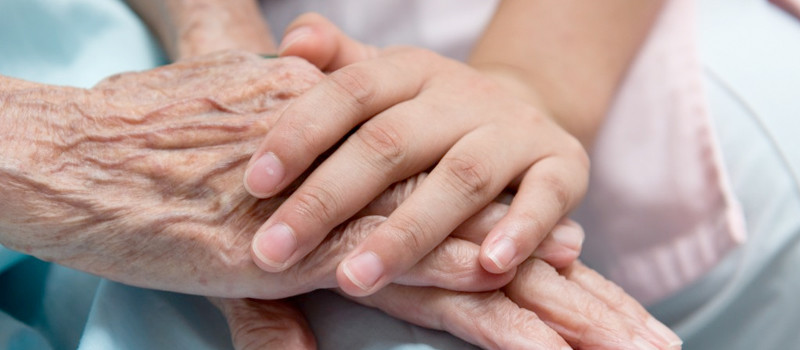
6 Tips for Buying Adult Diapers for Home Care
2023-02-22 22:00
6 Tips for Buying Adult Diapers for Home Care
Caring for a loved one with incontinence can be challenging, and caregivers may struggle to maintain balance in their lives while providing the best care possible. However, it's important to create a friendly and encouraging atmosphere for both the caregiver and their loved one, starting with a better understanding of what the incontinent person is experiencing. Here are some tips for caregivers who want to help their loved ones become independent at home during this challenging time:

1. Normalize your loved one's incontinence
It's common for people to feel uncomfortable admitting that they no longer have full control over their day-to-day functions. If your loved one shows resistance to using incontinence prevention, reassure them that you're doing what's best for them. Avoid saying hurtful things that may be taken as insults, and let them know that incontinence is a normal process.
2. Practice empathy and compassion
Cleaning another person's intimate area can be uncomfortable for both the caregiver and the loved one. However, caregivers must empathize with the pain and humiliation experienced by their loved ones. Caregivers can express their true feelings about the new arrangement in an open and honest manner. If they can't, they should discuss it with their doctor and seek help from other caregivers.
3. Be open and transparent about any concerns
Caregivers experience many highs and lows when caring for a person with incontinence. If caregivers occasionally lose patience, they should express their concerns instead of pretending nothing happened. Seek help from relatives, family members, and healthcare providers who provide fault incontinence treatment to help you deal with problems more effectively.
4. Learn to accept your physical limitations
Caring for incontinence at home can be made more difficult by physical defects, aging, and incompatible proportions. Work directly with a physical therapist to learn how to use your body effectively and prevent back or muscle pain when assisting patients with bladder injuries. See your doctor to develop a care strategy based on the caregiver's needs.
5. Keep an incontinence kit on hand at all times
It's important to be prepared, especially when traveling. Pack an incontinence kit, including absorbent pads, extra underwear, gloves, tissues, and other cleaning supplies, in a messenger bag or duffel bag. Include some trash bags to keep fresh items separate from dirty ones. When traveling, find a bathroom that accommodates your loved one's needs.
6. Choose the right adult diapers
Choosing the right adult diapers is crucial for both the caregiver and the loved one's comfort. Look for diapers that fit properly and provide maximum absorbency. Consider the individual's needs, such as overnight protection or skin sensitivity, and choose the right type of adult diaper accordingly. Experiment with different brands to find the one that works best for your loved one.
In conclusion, providing incontinence care at home can be challenging for caregivers. However, with the right approach and preparation, caregivers can help their loved ones become more independent and maintain a healthy balance in their lives.
Get the latest price? We'll respond as soon as possible(within 12 hours)















